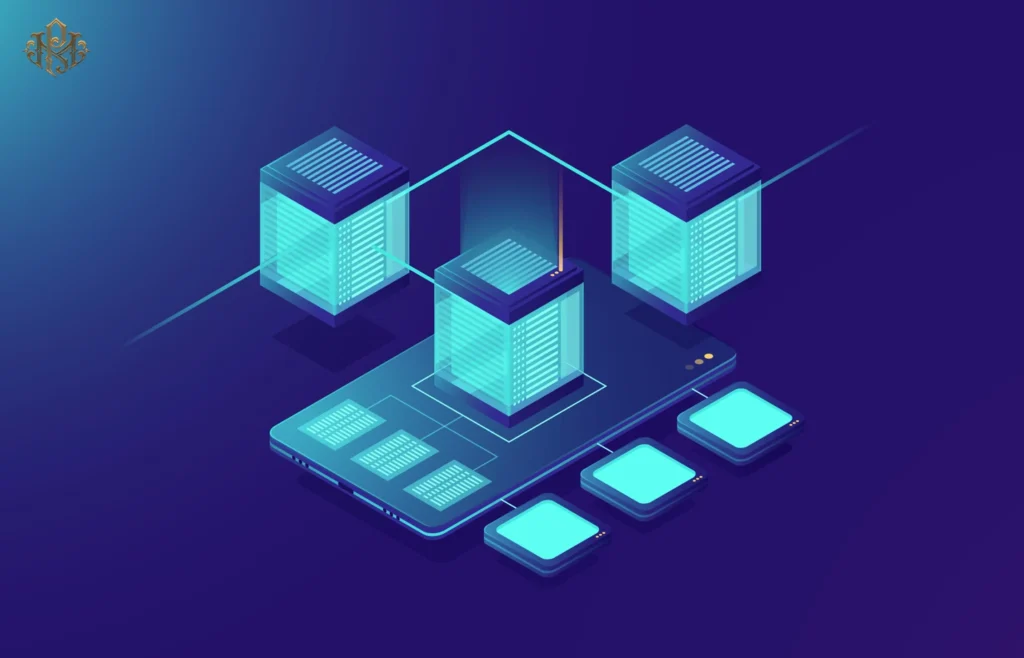
Close



Blockchain rollups are scalability solutions designed to increase transaction throughput on blockchain networks while maintaining security. Rollups execute transactions off-chain and then batch them together, recording the final state on the main chain. This approach reduces the load on the primary blockchain, improving efficiency and lowering costs.
There are two main types of rollups: Optimistic Rollups and ZK-Rollups. Optimistic Rollups assume transactions are valid by default and only perform computations if fraud is detected. ZK-Rollups use zero-knowledge proofs to verify the correctness of transactions, providing faster and more secure finality. Each type has its advantages and trade-offs.

Rollups significantly enhance blockchain scalability by offloading transaction processing from the main chain. They reduce gas fees, increase transaction throughput, and maintain the security of the underlying blockchain. This makes them an attractive solution for applications that require high-speed and low-cost transactions, such as decentralized finance (DeFi) and gaming.
Implementing rollups involves technical challenges, including ensuring compatibility with existing smart contracts and maintaining decentralization. Developers must also address potential security vulnerabilities and ensure that the rollup solutions are user-friendly. Continuous research and development are necessary to refine these technologies and overcome implementation barriers.
Blockchain rollups represent a promising advancement in blockchain scalability. As adoption grows, they are expected to play a crucial role in enabling mass adoption of blockchain technology. Continued innovation and collaboration within the blockchain community will drive the development of more efficient and secure rollup solutions, paving the way for scalable decentralized applications.